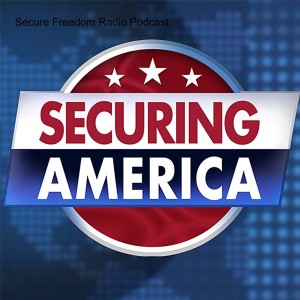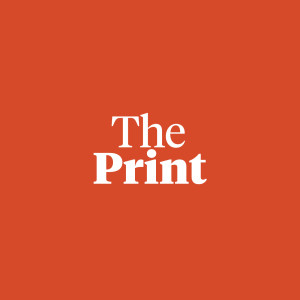

What is Communist China up to these days and what does a secretive Beijing mean for its people, the United States, and its neighbors in the region? Research Fellow of the Asian Studies Center at the Heritage Foundation, Dean Cheng joins Frank for the entire show to delve into specifics about the role China is playing in the international community. According to Cheng, Communist China functions quite differently from the former USSR. While China now boasts the second largest economy in the world, the Soviet Union had a smaller economy than originally believed. Moreover, the Chinese leadership observed the failures of the USSR and kept the PLA a primarily local force, while making the economy functional on a global scale. This was a carefully crafted move by the Chinese, says Cheng, who put methodical thought into the process of military and naval expansion and the modernization of its capabilities. Thus, there will not be a sudden break out capacity of the Chinese military, but rather they will have developed a military adept at carrying out a long war against its enemies.
In his second segment at Secure Freedom Radio, Cheng touches on the mechanics of the Chinese economy. The importation of iron ore from Australia, food from the United States and Canada, and oil from Iran fuels the economy. It is a country completely dependent on foreign trade in order to function. Although the United States has enacted military restrictions on the Chinese military, the Chinese leadership continues to learn from the observation of our government. Through these observations, the Chinese have been able to quickly learn and implement how other countries behave and function. Thus, they function like parasites, growing on the backs of other countries’ innovations. Furthermore, the Chinese have started to implement policies in order to differentiate themselves from Russia and even the United States. This includes participating in UN peacekeeping missions and dispatching military aircraft and a naval warship to Libya to help in evacuation missions.
How does the United States deal with the threats caused by the rise of the Chinese? It is of paramount importance that the United States recognize what China is doing politically. While the leadership is not instigating an encirclement policy, it is putting psychological pressure on its neighbors in the region. We must understand their motives and develop a method to counter their actions. The United States can protect itself by first building military defenses against the Chinese. By asserting our military prowess, the United States would send the message that if conflict arises in the international waters surrounding China, the United States does not just reign supreme, but could stop Chinese military expansion right in its tracks.
Dean Cheng closes today’s show reflecting on the Chinese situation through the eyes of the Chinese themselves. Beijing is merely concerned with how to stay in power and pays no attention to the frustrations of the growing middle class. The next election in 2012 will be the first time since the establishment of the PRC in 1949 that the leaders coming to power were neither handpicked by revolutionary leaders or part of the revolutionary generation. This will bring the question of legitimacy to the forefront of Chinese politics, as candidates duel it out for the support of the Communist leadership.
More Episodes
All Episodes>>You may also like
Create Your Podcast In Minutes
- Full-featured podcast site
- Unlimited storage and bandwidth
- Comprehensive podcast stats
- Distribute to Apple Podcasts, Spotify, and more
- Make money with your podcast



